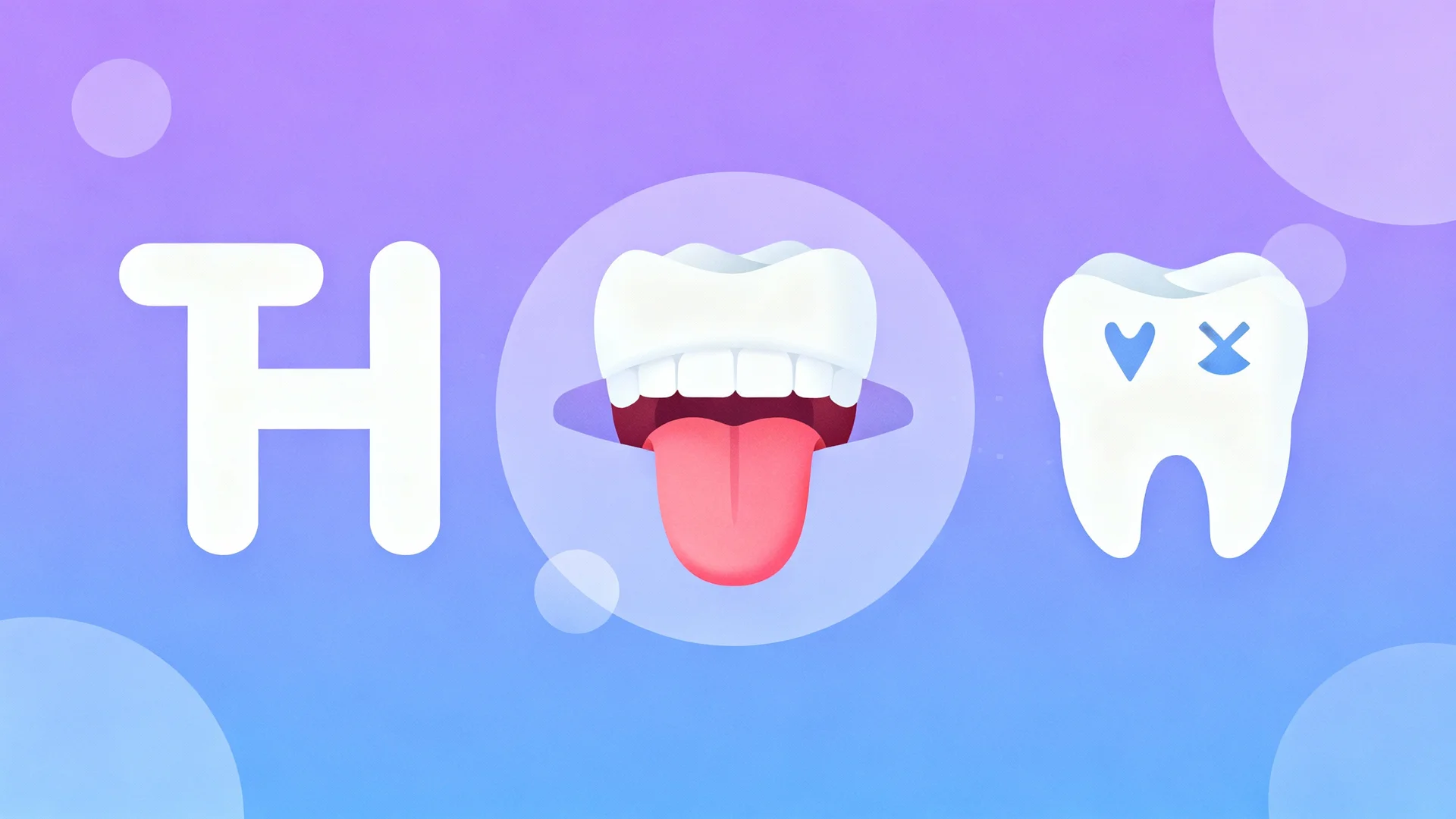
Loading...
Checking authentication...
Practice your pronunciation with interactive games and challenges.
Start PlayingThe term Otorrhea finds its roots in ancient language. It is a compound word derived from the Greek components "oto," meaning ear, and "rrhea," which translates to flow or discharge. Originally used in the context of describing a physiological phenomenon-the discharge from the ear-the term evolved over centuries. Scholars have noted that such compound formations were common in ancient medical literature, providing both descriptive precision and vivid imagery.
Did you know? The Greek prefix "oto-" is present in many modern English words like "otology," the study of the ear!
This linguistic construction is not merely a random amalgamation of syllables; it reflects a time when language was closely tied with practical observation and categorization. Historically, this term was carefully crafted to convey exact medical conditions observed in nature, and its structure offers us insight into the scientific rigour of ancient Greek physicians.
Over centuries, the meaning and usage of Otorrhea have been refined. Initially appearing in texts that were heavily influenced by classical Greek medicine, its usage evolved with the advancement of modern medical science. Today, while still used in clinical contexts, the term also captures the interest of linguists who study how medical vocabulary adapts over time. The journey of Otorrhea from ancient manuscripts to contemporary clinical usage is a testament to the enduring relevance of classical languages in modern terminology.
Words like Otorrhea are not only fascinating in their meaning but also in their pronunciation. For language learners and enthusiasts, an understanding of how to articulate such terms correctly is essential. To aid in this, explore our comprehensive pronunciation guide for Otorrhea , which breaks down the phonetic components to ensure clarity and precision.
Breaking the word down into its basic sounds, “Oto” is pronounced much like “OH-toh,” while the suffix “rrhea” resonates as “REE-uh.” The emphasis falls naturally on the second syllable of the prefix, ensuring that the overall word rolls off the tongue in a balanced manner. This analysis not only helps with pronunciation but also deepens one’s understanding of the language’s evolution.
Common Misconception: Many assume that Otorrhea is merely a modern technical term. However, its roots harken back to ancient Greek, demonstrating the longevity and adaptability of classical language structures in modern medical terminology.
If you’re a visual learner, you might also appreciate our interactive video guide for Otorrhea that illustrates the art of enunciating this fascinating term.
The detective work behind Otorrhea doesn’t stop at its etymological roots. By comparing it to cognates in other languages, one can appreciate how the concept of ear discharge has been expressed across different cultures. This comparative approach reveals both commonalities and unique adaptations in medical language.
Languages often borrow and adapt medical terms from one another, especially when they reference universally observed phenomena. For instance, Latin-derived medical terminology has influenced many European languages, creating similar sounding counterparts. In Romance languages such as Spanish and Italian, derivatives related to ear conditions bear striking similarities to Otorrhea, albeit with slight phonetic and morphemic adjustments.
This interconnected web of language illustrates how different cultures perceive and describe the same medical phenomena. The structure of Otorrhea reminds us that while languages diverge in sound and rhythm, they converge on the essential goal of accurately communicating human experience.
Exploring the word family of Otorrhea opens up a fascinating array of related medical terms. For example, words such as “otology” (the study of the ear) and “otoplasty” (ear surgery) share the same Greek prefix "oto-." These relatives, though utilized in various medical contexts, showcase the enduring legacy of classical languages in modern terminology.
The exploration of these terms reveals not just technical connections but also a rich cross-cultural narrative. Each word serves as a bridge linking modern medical advances to ancient linguistic practices. For language enthusiasts, this intricate relationship is a playground for further study and discussion.
Usage Tip: When practicing difficult medical terms like Otorrhea, try using them in sentences. For example, “The patient was diagnosed with Otorrhea, which required immediate treatment.” This technique not only reinforces pronunciation but also contextual understanding.
Our linguistic journey through Otorrhea has been as enlightening as it has been intricate. By exploring its etymology, phonetic structure, and global cognates, we uncover a story that is much richer than its medical usage might suggest. This detective work not only enhances our vocabulary but also fosters a deeper appreciation for the history embedded in every word.
Call to Action: We invite you to delve deeper into the fascinating world of language. Whether you are a medical professional, a language learner, or simply a lover of etymology, there is always more to explore. Enhance your own linguistic detective skills by regularly engaging with our comprehensive pronunciation guide and interactive resources. How will you use this knowledge in your next conversation or study session?
By embracing the enriching interplay between language history and modern usage, you become part of a living tradition of human communication-a tradition where every word, including Otorrhea, tells a story of cultural exchange, scientific advancement, and the beauty of linguistic evolution.